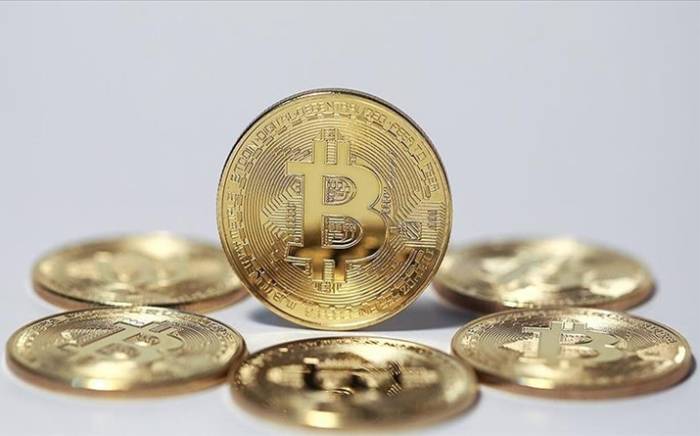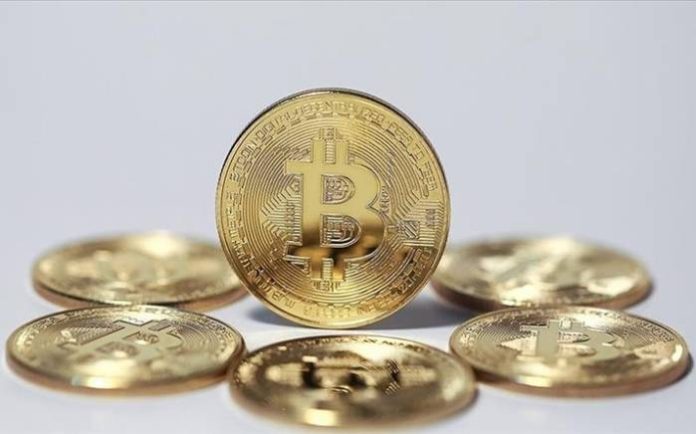In recent years, the rapid convergence of the metaverse economy with the realm of cryptocurrencies, exemplified by the emergence of platforms like Biffy AI—an innovative online trading platform has catalyzed a transformative paradigm shift in our perception and engagement with the interconnected digital and financial domains. This dynamic synthesis has not only ushered in a wave of unprecedented opportunities but has also triggered a profound reconfiguration of various industries and a questioning of established norms. As we delve deeper into the intricate interplay between immersive virtual environments and the decentralized power of cryptocurrency, we uncover a fertile landscape brimming with potential for groundbreaking innovation, dynamic collaboration, and far-reaching transformations that could reshape the very fabric of modern economic and technological landscapes.

The Rise of the Metaverse Economy
A Glimpse into Virtual Worlds
In the not-so-distant past, the concept of virtual worlds was relegated to the realm of science fiction. However, with advancements in technology, the metaverse has transitioned from a mere fantasy to a tangible reality. Virtual worlds are immersive digital spaces where users can interact, create, and even monetize their experiences. Platforms like Decentraland, Cryptovoxels, and The Sandbox have paved the way for this revolution, allowing users to own and develop virtual real estate, trade virtual assets, and establish unique identities.
The Economy Within
Central to the metaverse’s allure is its burgeoning economy, where digital transactions and interactions mirror those of the physical world. Users can buy, sell, and trade virtual goods and services, from digital art and clothing to virtual real estate and entertainment experiences. Cryptocurrencies, especially Bitcoin, have seamlessly integrated themselves into this economy, acting as a medium of exchange, a store of value, and a catalyst for innovation.
Bitcoin’s Role in the Metaverse Economy
A Digital Store of Value
Bitcoin, often referred to as digital gold, has emerged as a cornerstone of the metaverse economy. Its decentralized nature, limited supply, and security features make it an ideal store of value within virtual worlds. As users acquire Bitcoin, they gain a stake in the metaverse’s financial ecosystem, granting them access to a global currency that transcends geographical boundaries and traditional financial systems.
Facilitating Borderless Transactions
In the metaverse, where users from around the world interact seamlessly, the need for a universally accepted currency becomes evident. Bitcoin’s borderless nature eliminates the barriers posed by different currencies, simplifying transactions and fostering a sense of inclusivity. This accessibility promotes cross-cultural collaboration and innovation, fueling the growth of the metaverse economy.
Synergy Between Virtual Realms and Cryptocurrencies
Tokenization of Virtual Assets
One of the most compelling intersections between the metaverse and cryptocurrencies is the concept of tokenization. Virtual assets, ranging from digital art and virtual real estate to in-game items, can be tokenized and represented on blockchain networks. This tokenization not only authenticates ownership but also facilitates secure and transparent transactions, bolstering user trust and confidence.
NFTs: Bridging the Gap
Non-Fungible Tokens (NFTs) have emerged as a groundbreaking application of blockchain technology within the metaverse. These unique digital tokens represent ownership of specific items or experiences, empowering creators to monetize their content directly. NFTs have revolutionized digital art, enabling artists to receive fair compensation for their creations and granting collectors true ownership of rare digital artifacts.
Challenges and Future Prospects
Scalability and Sustainability
While the convergence of the metaverse economy and Bitcoin presents a landscape of opportunities, it also poses challenges. Scalability and sustainability remain pressing concerns as virtual worlds and cryptocurrency networks strive to accommodate growing user bases. Efforts to enhance blockchain scalability and minimize energy consumption are pivotal to ensuring a harmonious and enduring fusion.
Interoperability and Standardization
As the metaverse expands, interoperability between virtual worlds and cryptocurrency networks becomes imperative. Establishing common standards and protocols will facilitate seamless transactions, asset transfers, and collaboration between different metaverse platforms. This interoperability will further drive the metaverse economy’s growth and diversification.
Conclusion
The intersection of the metaverse economy and Bitcoin marks a pivotal moment in the evolution of digital landscapes. As virtual worlds become more integrated with cryptocurrency ecosystems, a new era of innovation, creativity, and financial empowerment emerges. This symbiotic relationship has the potential to redefine how we perceive value, ownership, and interaction in both digital and physical realms. By embracing this fusion, individuals and industries alike can harness the power of the metaverse to shape a more interconnected and prosperous future.
As we conclude this exploration of the metaverse economy’s convergence with Bitcoin and the resulting fusion of virtual worlds and cryptocurrencies, it becomes evident that we stand at the precipice of a transformative era. The journey has been one of discovery, uncovering the intricate web of interactions, opportunities, and challenges that define this evolving landscape.







































